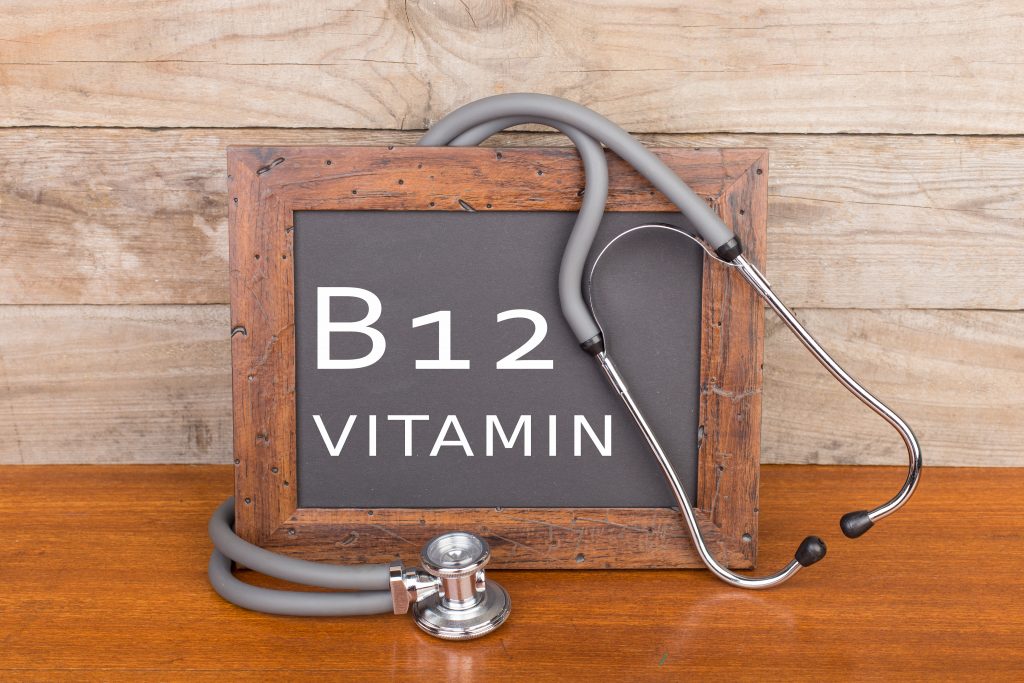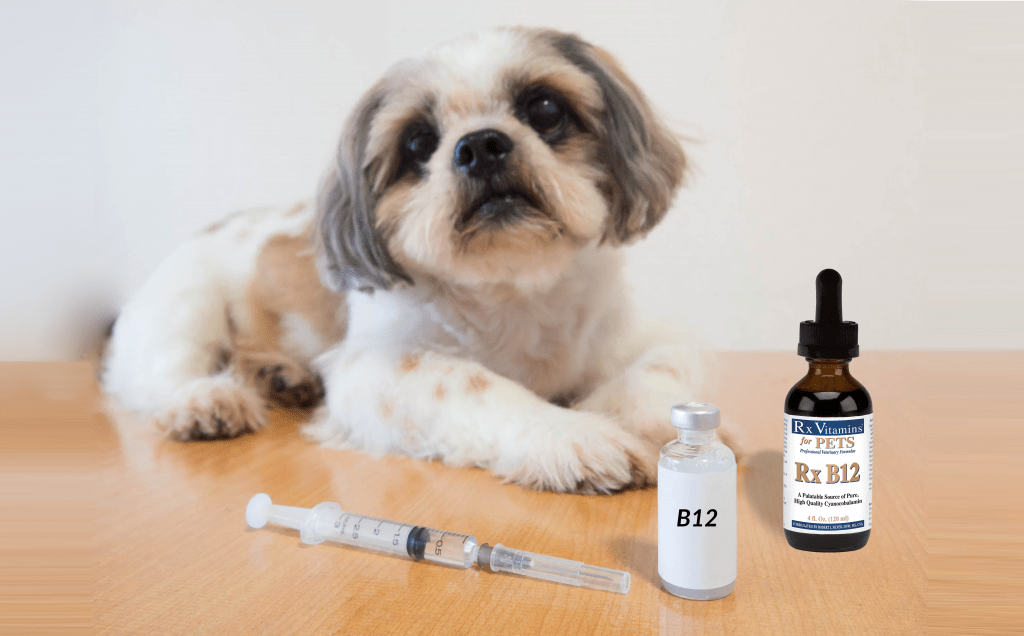
Cobalamin (B12) deficiency is frequently encountered in dogs and cats with chronic enteropathies (CE) and exocrine pancreatic insufficiency (EPI). B12 metabolism follows a complex array of carriers to be effectively absorbed which can be negatively impacted by intestinal inflammation and dysbiosis. In human patients oral supplementation is often utilized, while repeated parenteral injections is often […] Read more »


